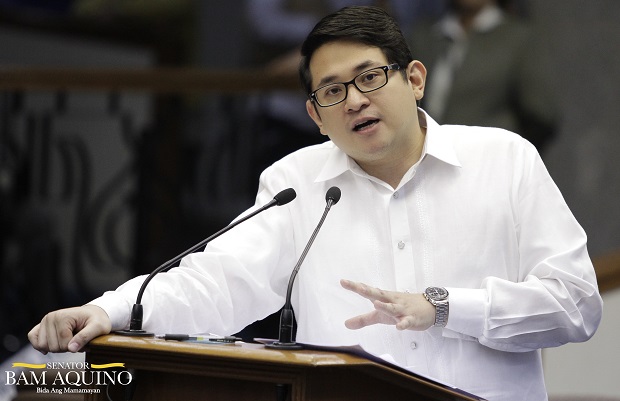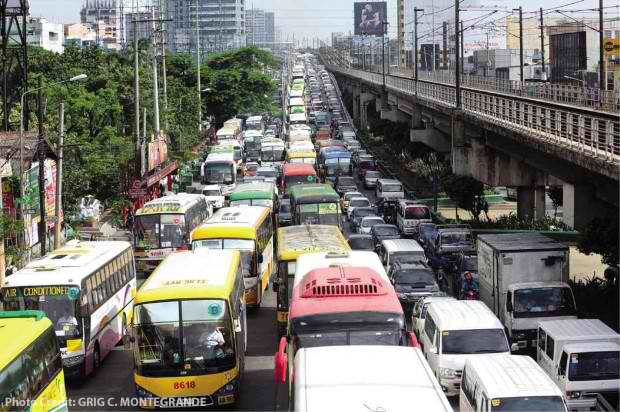Senate Bill No. 1532: Innovative Startup Act
At the 2015 APEC Summit, the world saw a glimpse of Philippine innovation as Aisa Mijeno shared the story of her SALt Lamp, a lamp that is powered by saltwater, suitable for households along the rural coastal villages that have little or no stable access to electricity.
It is vital that we give all such ideas the chance to come to life. Through this bill, Filipinos with excellent startup business ideas will benefit by being given the necessary support—in terms of registration, incentives, subsidies, funding, technical assistance, accreditation and assessment, and a budding pool of talented workers that will aid them in the steep uphill one faces when putting up a business.
This bill aims to put in place the ecosystem necessary to cultivate startups in the Philippines.
By supporting the startup ecosystem from focal points, we ensure that startups have a reasonable chance at success and are given the opportunity to impact society with innovative business and products that can truly help us achieve our imperative of inclusive economic growth.
By creating the ecosystem for startups to operate, we bring more citizens into the fold of inventive and socially conscious entrepreneurship.
In view of the foregoing, the passing of this bill is urgently sought.


Recent Comments